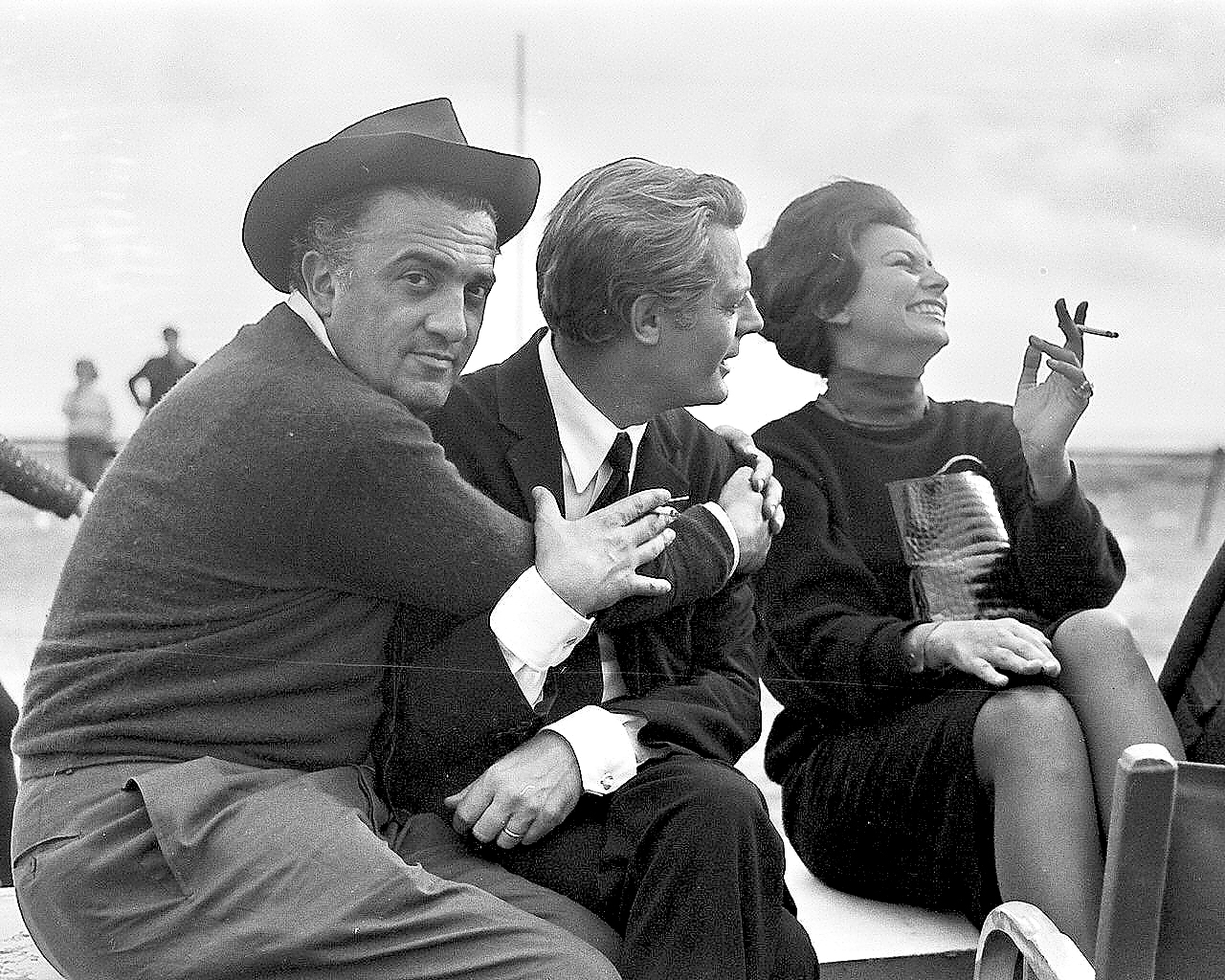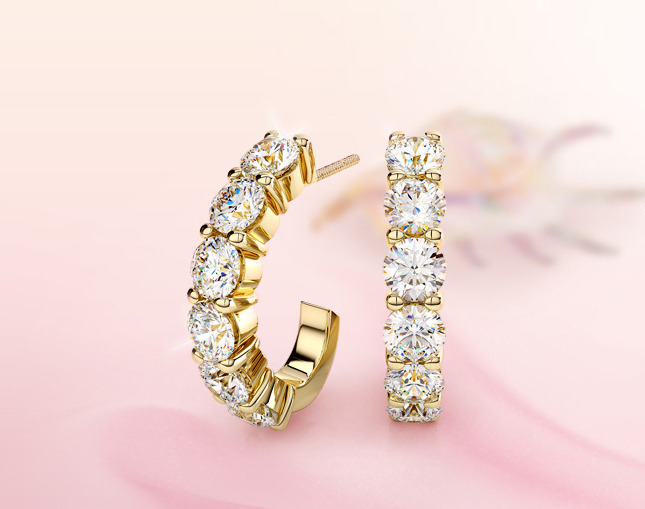Part 8 – The Genius of Fellini
The Italian Tribune continues to offer our Italian cinema series featuring our favorite classics that we hope you will enjoy viewing at home this summer. As most of the films featured in this series are presented in the Italian language with English subtitles, we suggest viewing them with a study of the language in mind – it’s a great way to brush up on (or even to begin to learn) the romance language of our ancestors. Most of the films on our list are available through On Demand, Netflix and Amazon.
This week we feature one of Italy’s and the world’s most renowned directors, Federico Fellini. Known for his distinctly autobiographical films, during his career the master of Italian cinema was nominated for 12 Academy Awards and won four Best Foreign Language Film awards before being honored with a Lifetime Achievement Academy Award in 1993.
Federico Fellini was born in 1920 in Rimini, Italy. The future filmmaker’s childhood experiences would play an important part in his long and heralded career. In the spring of 1939, Fellini moved to Rome where he worked as a writer. Four years later he married Italian actress Giulietta Masina who would become his muse. Fellini was married to Giulietta from 1943 to 1993 and she appeared in more than 80% of his films.
Tragedy struck the early years of the couple’s marriage and although heartbreaking, many observers believe that sorrow was the catalyst that drew out Fellini’s incredible creativity. Giulietta’s first pregnancy resulted in a miscarriage and the couple’s firstborn son died at just one month old. Fellini directed his first film, Variety Lights, several years later.
Film historians claim that Fellini was first influenced by his life experiences with the making of La Strada in 1954. It told the story of a naïve young girl named Gelsomina (portrayed by Masina) who was married off to a gypsy carnival man, Zampano (Anthony Quinn). The Zampano character is based on the town gigolo from Fellini’s hometown of Rimini.
It was La Strada, which won the Best Foreign Language Film Oscar in 1956, that really marked the beginning of Fellini and Masina’s creative partnership that would last a lifetime.
One of the all-time classics of film was Fellini’s La Dolce Vita (1960), set in Rome in the 1950s. Marcello, played by Marcello Mastroianni portrayed a jaded journalist who covered the lives of Italian movie stars. This film chronicles a week in the life of the reporter.
In the movie, Marcello lives with Emma (Yvonne Furneaux) who loves him and wants to marry him, but is too possessive for Marcello’s taste. In his line of work, Marcello encounters other women that he usually falls for. When a friend of his, with whom he identifies, shoots his children and commits suicide, Marcello falls into a world of despair.
The genius of this film is that it belies the social norms of the period as a satire of Italian elite society. Its release caused uproar among the country’s A-listers, but retains its place in cinema history to this day. La Dolce Vita was voted the sixth greatest film of all time by Entertainment Weekly.
Another classic is Boccaccio ‘70 (1962). The film comprised four different episodes with four different directors. All four episodes were written in the style of Italian essayist Boccaccio, but in contemporary form. Each focuses on love and the power of women over men. The fourth episode entitled La Riffa, tells the story of Zoe (Sophia Loren), an attractive young woman who is the prize in a lottery drawing.
8 1/2 (1963) is perhaps Fellini’s most autobiographical film, even though he forever claimed that it was not intended to be. Marcello Mastroianni plays an Italian film director named Guido Anselmi who is suffering from “director’s block.” Guido is supposed to be directing an ill-defined science fiction film, but he has lost interest in it due to both artistic and marital difficulties. As Guido struggles to work on the film, a series of flashbacks and dreams come into his memories and fantasies. As a result, the main character struggles between what is real and what is a figment of his imagination.
In 1993, Fellini died of a heart attack at the age of 73. His films will always be remembered for offering a unique combination of the bizarre, the memory, fantasy and desire.





